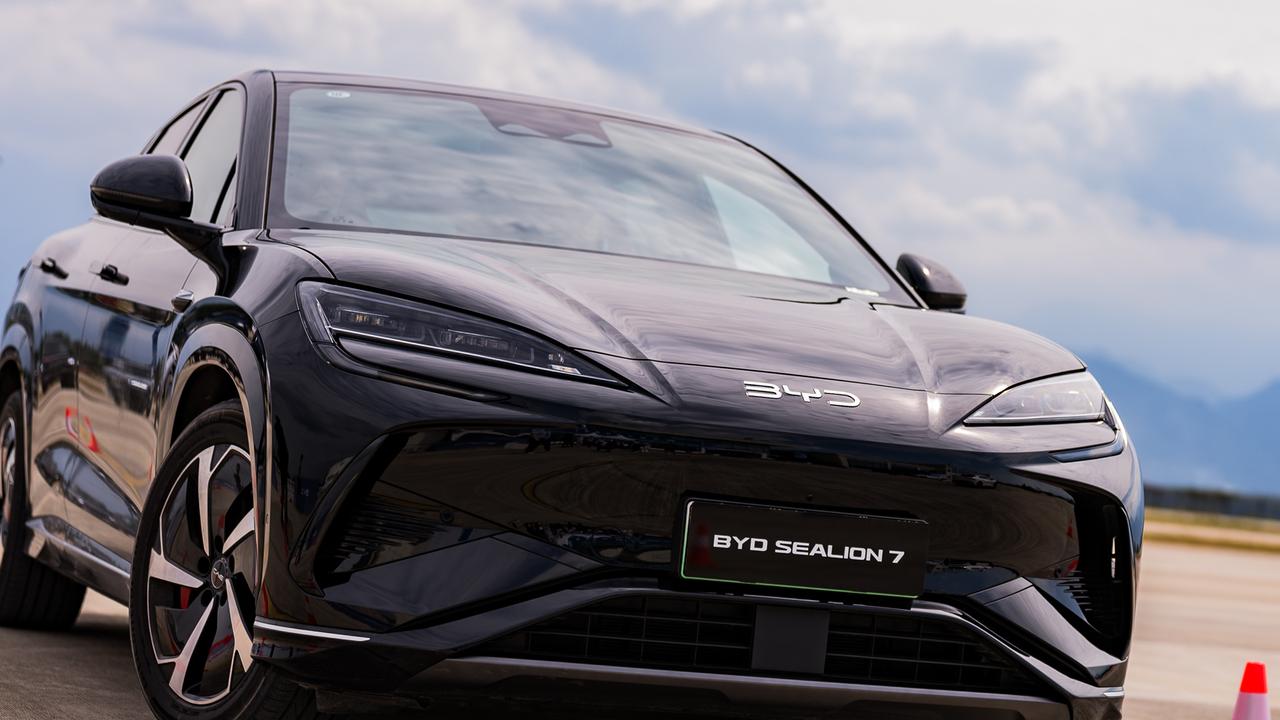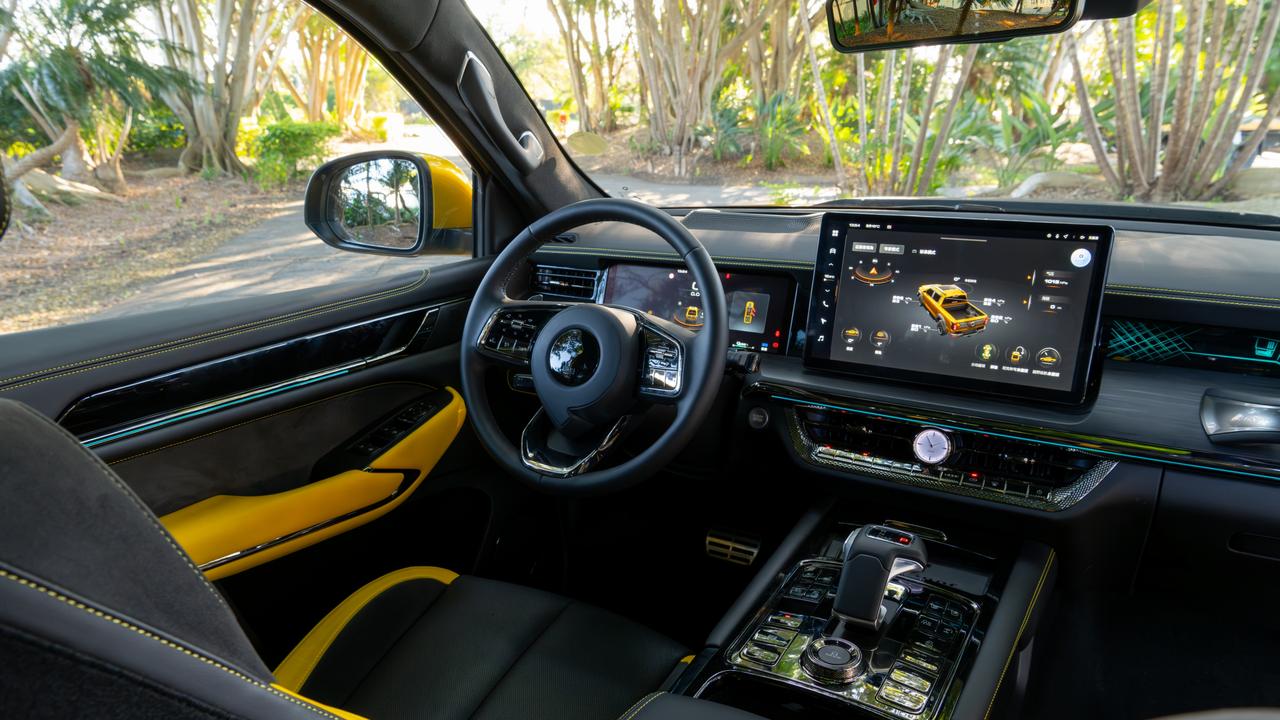Utes, SUVs face weaker pollution caps as Albanese government waters down fuel efficiency standards
After copping fierce criticism from some automotive manufacturers, the Albanese government has softened its proposed pollution caps for new cars.
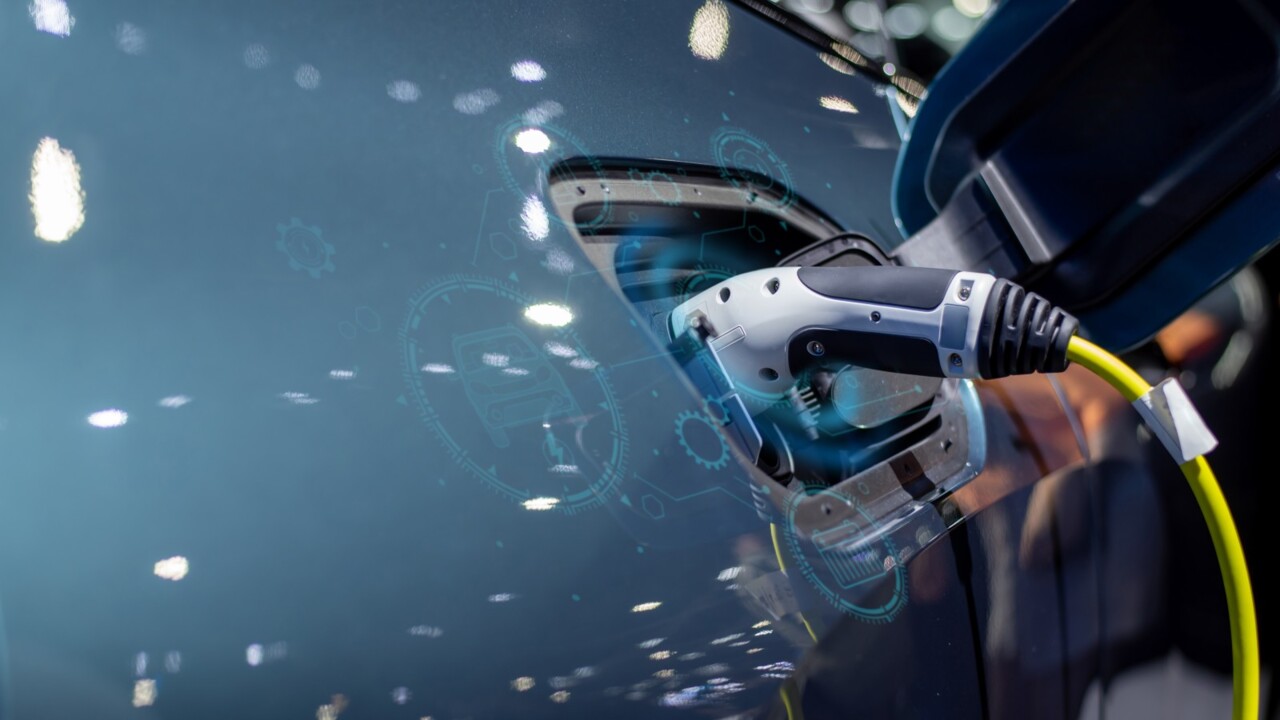
Motoring
Don't miss out on the headlines from Motoring. Followed categories will be added to My News.
The Albanese government will water down proposed pollution caps for new utes and large SUVs as it seeks to quash a fierce backlash from major car manufacturers and automotive industry groups over the scheme.
After unveiling a proposed fuel efficiency standard in early February, the government has sustained significant criticism for the policy, which its opponents argue will result in higher prices for new cars while reducing choice for consumers.
Rather than ban any particular models, the standard will impose fleetwide emission caps for passenger (PV) and light commercial vehicles (LCVs), bringing Australia into line with other developed economies that have similar schemes.
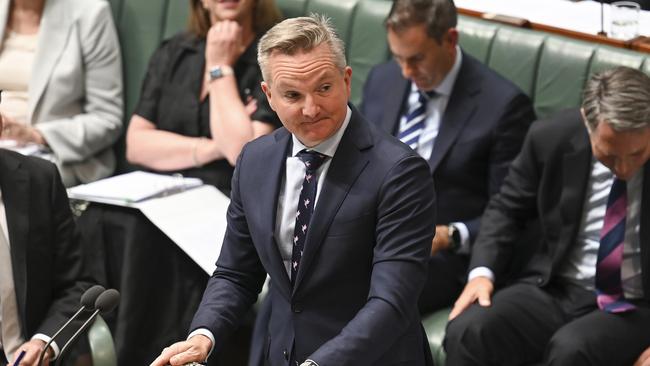
On Tuesday, Energy Minister Chris Bowen and Transport Minister Catherine King confirmed the standard would be altered so that new LCVs would instead be subject to less stringent emission reduction targets.
Under the updated rules approved by cabinet on Monday evening, average emissions for new LCVs will need to be reduced by 50 per cent by 2029 if manufacturers are to avoid penalties.
A reduction of 60 per cent was previously required under the government’s original proposal.
New passenger vehicles will still be subject to the original 60 per cent emissions reduction.
Additionally, a number of high-emitting large SUVs initially categorised as PVs will be re-categorised as LCVs if they possess a towing capacity greater than 3 tonnes and a similar chassis to utes.
The change will result in models including the Nissan Patrol, Toyota’s Prado and Landcruiser, Ford Everest, Mitsubishi Pajero, and Isuzu MUX being reclassified as LCVs.
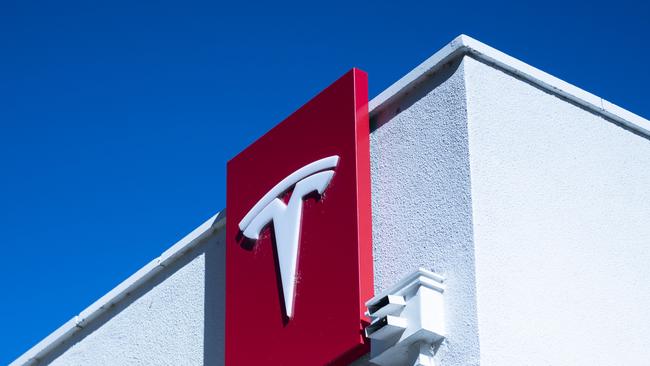
Under the original proposal, these cars would have been subject to far stricter pollution caps, meaning they risked being phased out before a low-emissions alternative was available.
With the emissions cap lowered each year, the standard will essentially operate as a carbon price, forcing car makers to sell more zero and low emissions vehicles, or cut back on the sale of high-emitting models such as utes and SUVs, to avoid being hit with fines.
Also altered is the commencement of the credit trading scheme, which will allow manufacturers to buy or sell credits if they respectively reach or breach the standard, will be pushed back by six months to July 1.
Penalties for breaching the scheme will be set by legislation, with a review of the scheme’s operation set to commence in 2026.
After Prime Minister Anthony Albanese hosted business leaders for a dinner in late February, it is understood his office became involved with negotiations over the standard.
Originally published as Utes, SUVs face weaker pollution caps as Albanese government waters down fuel efficiency standards

